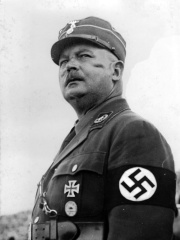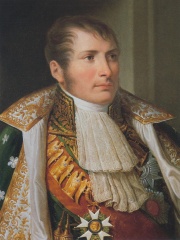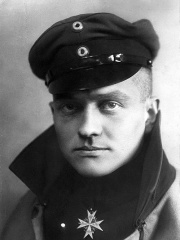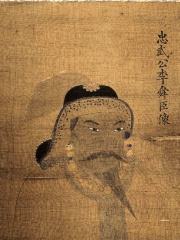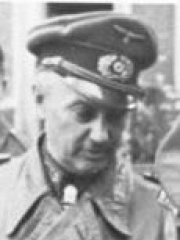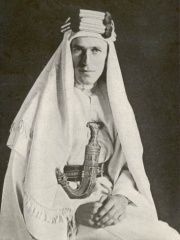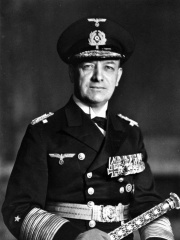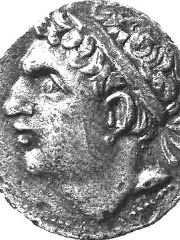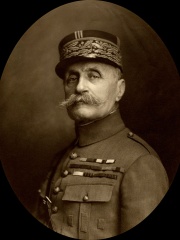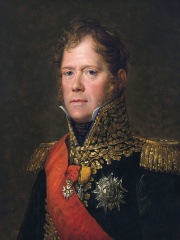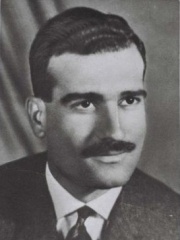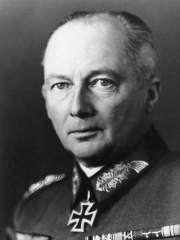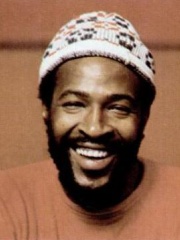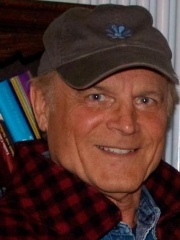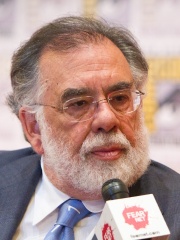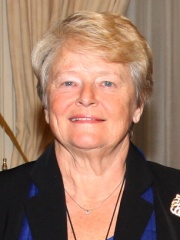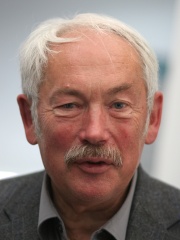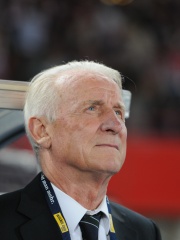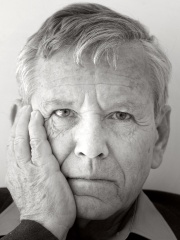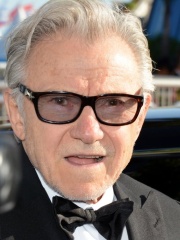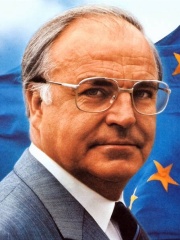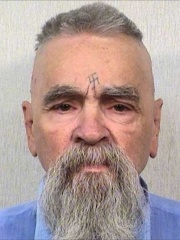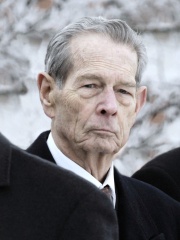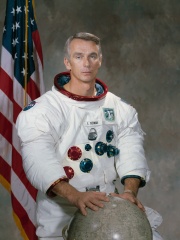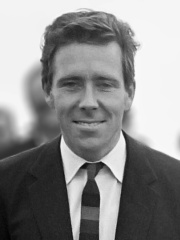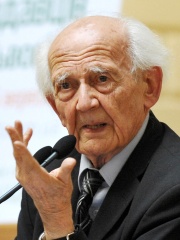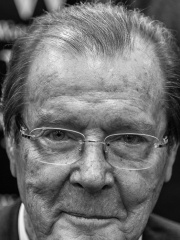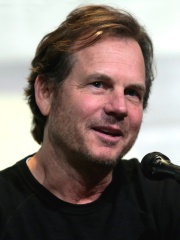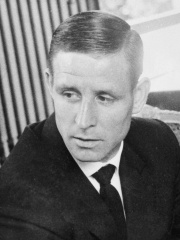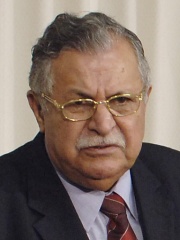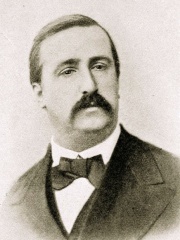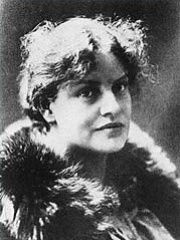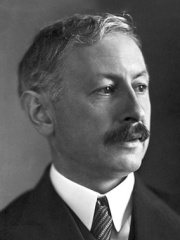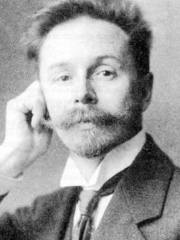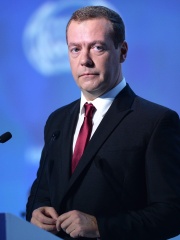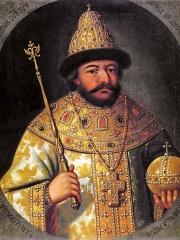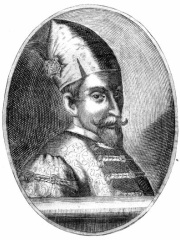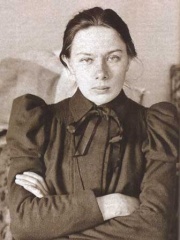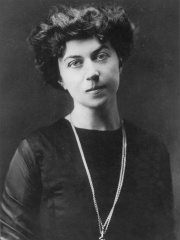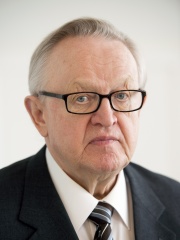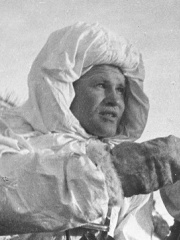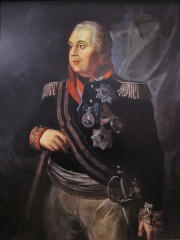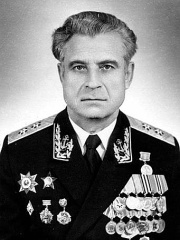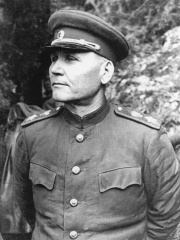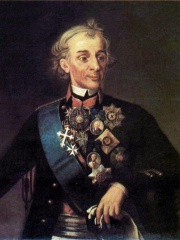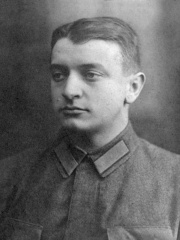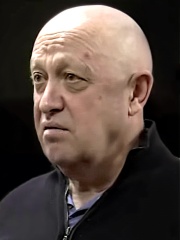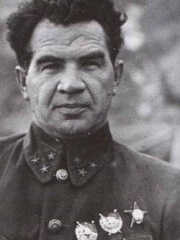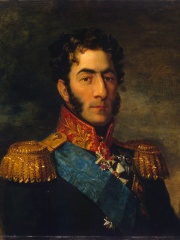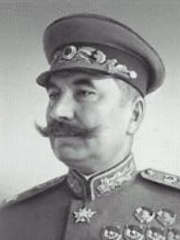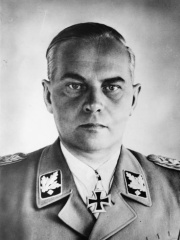MILITARY PERSONNEL
Stanislav Petrov
1939 - 2017
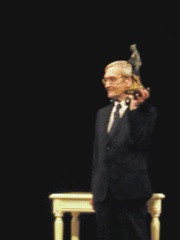
 Stanislav Petrov
Stanislav Petrov
Stanislav Yevgrafovich Petrov (Russian: Станисла́в Евгра́фович Петро́в; 7 September 1939 – 19 May 2017) was a Russian lieutenant colonel of the Soviet Air Defence Forces who played a key role in the 1983 Soviet nuclear false alarm incident. On 26 September 1983, three weeks after the Soviet military had shot down Korean Air Lines Flight 007, Petrov was the duty officer at the command center for the Oko nuclear early-warning system when the system reported that a missile had been launched from the United States, followed by up to four more. Petrov correctly judged the reports to be a false alarm. His subsequent decision to disobey orders, against Soviet military protocol, is credited with having prevented an erroneous retaliatory nuclear attack on the United States and its NATO allies that would have likely resulted in a large-scale nuclear war. Read more on Wikipedia
His biography is available in 51 different languages on Wikipedia. Stanislav Petrov is the 73rd most popular military personnel (down from 65th in 2024), the 82nd most popular biography from Russia (down from 71st in 2019) and the 3rd most popular Russian Military Personnel.
Stanislav Petrov is most famous for being the man who prevented a nuclear war. In 1983, he was on duty at a Soviet nuclear early warning station when the system reported that the United States had launched five nuclear missiles. Petrov had the power to launch a retaliatory strike, but he decided to wait and see if the alarm was a false alarm. It turned out to be a false alarm, and he saved the world from a nuclear war.
Memorability Metrics
Page views of Stanislav Petrov by language
Among MILITARY PERSONNELS
Among military personnels, Stanislav Petrov ranks 73 out of 2,058. Before him are Ernst Röhm, Eugène de Beauharnais, Manfred von Richthofen, Yi Sun-sin, Walter Model, and T. E. Lawrence. After him are Erich Raeder, Hasdrubal Barca, Ferdinand Foch, Michel Ney, Eli Cohen, and Günther von Kluge.
Most Popular Military Personnels in Wikipedia
Go to all RankingsErnst Röhm
1887 - 1934
HPI: 77.03
Rank: 67
Eugène de Beauharnais
1781 - 1824
HPI: 77.01
Rank: 68
Manfred von Richthofen
1892 - 1918
HPI: 76.98
Rank: 69
Yi Sun-sin
1545 - 1598
HPI: 76.95
Rank: 70
Walter Model
1891 - 1945
HPI: 76.94
Rank: 71
T. E. Lawrence
1888 - 1935
HPI: 76.94
Rank: 72
Stanislav Petrov
1939 - 2017
HPI: 76.92
Rank: 73
Erich Raeder
1876 - 1960
HPI: 76.83
Rank: 74
Hasdrubal Barca
300 BC - 221 BC
HPI: 76.64
Rank: 75
Ferdinand Foch
1851 - 1929
HPI: 76.63
Rank: 76
Michel Ney
1769 - 1815
HPI: 76.53
Rank: 77
Eli Cohen
1924 - 1965
HPI: 76.32
Rank: 78
Günther von Kluge
1882 - 1944
HPI: 76.30
Rank: 79
Contemporaries
Among people born in 1939, Stanislav Petrov ranks 8. Before him are Marvin Gaye, Terence Hill, Tina Turner, Francis Ford Coppola, Ian McKellen, and Lee Harvey Oswald. After him are Gro Harlem Brundtland, Peter Grünberg, Giovanni Trapattoni, Amos Oz, Amanda Lear, and Harvey Keitel. Among people deceased in 2017, Stanislav Petrov ranks 6. Before him are Helmut Kohl, Charles Manson, Michael I of Romania, Gene Cernan, and Antony Armstrong-Jones, 1st Earl of Snowdon. After him are Zygmunt Bauman, Roger Moore, Bill Paxton, Tom Petty, Raymond Kopa, and Jalal Talabani.
Others Born in 1939
Go to all RankingsMarvin Gaye
SINGER
1939 - 1984
HPI: 80.56
Rank: 2
Terence Hill
ACTOR
1939 - Present
HPI: 79.59
Rank: 3
Tina Turner
SINGER
1939 - 2023
HPI: 78.83
Rank: 4
Francis Ford Coppola
FILM DIRECTOR
1939 - Present
HPI: 77.90
Rank: 5
Ian McKellen
ACTOR
1939 - Present
HPI: 77.80
Rank: 6
Lee Harvey Oswald
EXTREMIST
1939 - 1963
HPI: 76.93
Rank: 7
Stanislav Petrov
MILITARY PERSONNEL
1939 - 2017
HPI: 76.92
Rank: 8
Gro Harlem Brundtland
POLITICIAN
1939 - Present
HPI: 75.32
Rank: 9
Peter Grünberg
PHYSICIST
1939 - 2018
HPI: 75.22
Rank: 10
Giovanni Trapattoni
COACH
1939 - Present
HPI: 75.09
Rank: 11
Amos Oz
WRITER
1939 - 2018
HPI: 74.93
Rank: 12
Amanda Lear
SINGER
1939 - Present
HPI: 74.76
Rank: 13
Harvey Keitel
ACTOR
1939 - Present
HPI: 74.59
Rank: 14
Others Deceased in 2017
Go to all RankingsHelmut Kohl
POLITICIAN
1930 - 2017
HPI: 80.84
Rank: 1
Charles Manson
EXTREMIST
1934 - 2017
HPI: 80.31
Rank: 2
Michael I of Romania
POLITICIAN
1921 - 2017
HPI: 79.19
Rank: 3
Gene Cernan
ASTRONAUT
1934 - 2017
HPI: 78.05
Rank: 4
Antony Armstrong-Jones, 1st Earl of Snowdon
POLITICIAN
1930 - 2017
HPI: 77.35
Rank: 5
Stanislav Petrov
MILITARY PERSONNEL
1939 - 2017
HPI: 76.92
Rank: 6
Zygmunt Bauman
PHILOSOPHER
1925 - 2017
HPI: 76.74
Rank: 7
Roger Moore
ACTOR
1927 - 2017
HPI: 76.34
Rank: 8
Bill Paxton
ACTOR
1955 - 2017
HPI: 76.24
Rank: 9
Tom Petty
MUSICIAN
1950 - 2017
HPI: 75.53
Rank: 10
Raymond Kopa
SOCCER PLAYER
1931 - 2017
HPI: 75.03
Rank: 11
Jalal Talabani
POLITICIAN
1933 - 2017
HPI: 74.91
Rank: 12
In Russia
Among people born in Russia, Stanislav Petrov ranks 82 out of 3,761. Before him are Alexander Borodin (1833), Lou Andreas-Salomé (1861), Paul Karrer (1889), Alexander Scriabin (1871), Dmitry Medvedev (1965), and Konstantin Stanislavski (1863). After him are Boris Godunov (1552), Feodor I of Russia (1557), Nadezhda Krupskaya (1869), Alexandra Kollontai (1872), Martti Ahtisaari (1937), and Roman Jakobson (1896).
Others born in Russia
Go to all RankingsAlexander Borodin
COMPOSER
1833 - 1887
HPI: 77.17
Rank: 76
Lou Andreas-Salomé
WRITER
1861 - 1937
HPI: 77.10
Rank: 77
Paul Karrer
CHEMIST
1889 - 1971
HPI: 77.10
Rank: 78
Alexander Scriabin
COMPOSER
1871 - 1915
HPI: 77.03
Rank: 79
Dmitry Medvedev
POLITICIAN
1965 - Present
HPI: 76.96
Rank: 80
Konstantin Stanislavski
FILM DIRECTOR
1863 - 1938
HPI: 76.93
Rank: 81
Stanislav Petrov
MILITARY PERSONNEL
1939 - 2017
HPI: 76.92
Rank: 82
Boris Godunov
POLITICIAN
1552 - 1605
HPI: 76.92
Rank: 83
Feodor I of Russia
POLITICIAN
1557 - 1598
HPI: 76.87
Rank: 84
Nadezhda Krupskaya
POLITICIAN
1869 - 1939
HPI: 76.76
Rank: 85
Alexandra Kollontai
DIPLOMAT
1872 - 1952
HPI: 76.62
Rank: 86
Martti Ahtisaari
POLITICIAN
1937 - 2023
HPI: 76.56
Rank: 87
Roman Jakobson
LINGUIST
1896 - 1982
HPI: 76.47
Rank: 88
Among MILITARY PERSONNELS In Russia
Among military personnels born in Russia, Stanislav Petrov ranks 3. Before him are Vasily Zaitsev (1915), and Mikhail Kutuzov (1745). After him are Vasily Arkhipov (1926), Ivan Konev (1897), Alexander Suvorov (1730), Mikhail Tukhachevsky (1893), Yevgeny Prigozhin (1961), Vasily Chuikov (1900), Pyotr Bagration (1765), Semyon Budyonny (1883), and Felix Steiner (1896).
Vasily Zaitsev
1915 - 1991
HPI: 81.62
Rank: 1
Mikhail Kutuzov
1745 - 1813
HPI: 77.48
Rank: 2
Stanislav Petrov
1939 - 2017
HPI: 76.92
Rank: 3
Vasily Arkhipov
1926 - 1998
HPI: 75.89
Rank: 4
Ivan Konev
1897 - 1973
HPI: 75.85
Rank: 5
Alexander Suvorov
1730 - 1800
HPI: 75.69
Rank: 6
Mikhail Tukhachevsky
1893 - 1937
HPI: 74.93
Rank: 7
Yevgeny Prigozhin
1961 - 2023
HPI: 74.76
Rank: 8
Vasily Chuikov
1900 - 1982
HPI: 74.13
Rank: 9
Pyotr Bagration
1765 - 1812
HPI: 73.55
Rank: 10
Semyon Budyonny
1883 - 1973
HPI: 72.85
Rank: 11
Felix Steiner
1896 - 1966
HPI: 72.47
Rank: 12
